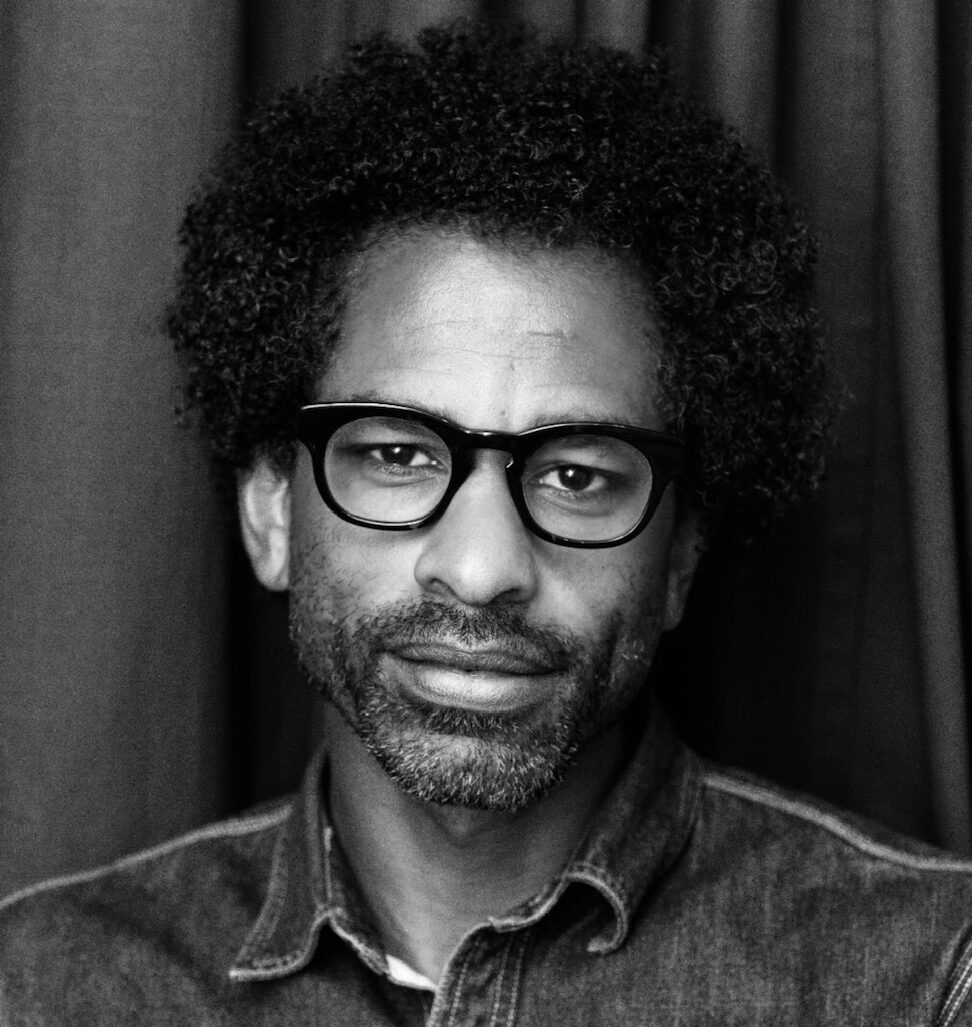What Is a Black Film? This and Other Tantalizing Questions Are Tackled in Justin Simien’s New Documentary, ‘Hollywood Black’

Editor’s note: The following article is an op-ed, and the views expressed are the author’s own. Read more opinions on theGrio.
What is a Black film? How do we know it’s a Black film? These are slippery questions that defy Dr. Umar-ish simplicity about what is or isn’t Black. Is it a Black film because it’s a story about Black characters that stars Black actors? OK, but what if that story about Black characters is directed by a white person? “The Wiz” is absolutely a Black story that has a particularly African-American flair to it. But it’s directed by the great Sidney Lumet, who was white. “The Color Purple” (1995) and “A Soldier’s Story” tell deeply African-American stories, but they, too, were directed by white men — Steven Spielberg and Norman Jewison. What about Quentin Tarantino’s “Jackie Brown”? Even though it was released in 1997, it’s basically a Blaxploitation film. But, also, what about the brilliant film “Shame” by the British legend Steve McQueen? There are no major Black characters but it’s directed by a Black man.
This question and more are part of a fascinating new docuseries about the history of Black cinema on MGM+ called “Hollywood Black” by the filmmaker Justin Simien, best known for directing “Dear White People.” It premieres on Sunday, Aug. 11. Simien walks us through an encyclopedic vision of Black cinema from “The Birth of a Nation” to the complex films of Jordan Peele. Simien argues that whoever controls cinema controls history, and the power to make films is the power to liberate. When we think of how moving images can shape the way people perceive society, we know that there have been films that have contributed to our oppression by highlighting anti-Black stereotypes and there are films that have contributed to our liberation by making us look amazing.
Simien interviews a who’s who of Black cinematic giants like Ava DuVernay, Ryan Coogler, Reggie Hudlin, Forest Whitaker, Issa Rae, Giancarlo Esposito, Lena Waithe and more. Together they work through the genius of Hattie McDaniel, the brilliance of the 1968 documentary “Symbiopsychotaxiplasm” by William Greaves and the importance of the 1978 film “Killer of Sheep” by Charles Burnett. This is a deep dive into Black cinematic history.
People who know Hollywood’s relationship with Black creators often discuss the essential question: Are we in right now or are we out? As in, are we hot or cold? One of the central questions of “Hollywood Black” is: Are we cyclical or part of the firmament? Hollywood tends to love Black creators for a time and then forgets about them. Each boom makes it look like, OK, this time we’re finally part of the fabric of the place. And then the energy around Black films evaporates.
In the early to mid-’70s, the explosion of Blaxploitation led to lots of Black films. By the end of the decade, the wave was over. Black cinema took a leap forward in the mid- to late-’80s as Spike Lee, John Singleton, the Hughes brothers and others made hot films. That boom subsided, too. There was a moment in recent years when it appeared like we had finally made it. From 2016 to 2018 we saw Academy Award winner “Moonlight” by Barry Jenkins, the box office champion “Black Panther” by Ryan Coogler, “Get Out” by Jordan Peele, “Sorry To Bother You” by Boots Riley and the massive success of Ava DuVernay, Issa Rae, Lena Waithe and more. It looked like this was more than another boom. We were in for good. Right?
Simien says no. He says that moment has ended and it’s now nearly impossible to get anything made unless it’s a sequel. We are back at the drawing board. Anyone who hopes to join this industry one day and make Black films should beware. Sometimes Hollywood loves us and sometimes we are the forgotten stepchild. Your career will wax and wane based on things that have nothing to do with the quality of your work. But, as a way of understanding what’s going on, watch “Hollywood Black,” an epic history of this epic thing called Black cinema.

Toure is a host and writer at TheGrio. He hosts the TheGrio TV show “Masters of the Game,” and he created the award-winning podcast “Being Black: The ’80s” and its upcoming sequel “Being Black: The ’70s.” He is also the creator of “Star Stories” and the author of eight books, including “Nothing Compares 2 U an oral history of Prince.” He also hosts a podcast called “Toure Show.” He is also a husband and a father of two.
